N Raja, Senior Vice-president and Director, TKM, spoke about the steps that TKM are taking in order to ensure that they stand on the same pedestal as Toyota Japan. His presentation was based on four key elements: vehicle safety, awareness, driving school, and safety education programme. Under vehicle safety, Raja said that two years ago, Toyota India made dual front airbags mandatory in each of their models and, in 2016, ABS was made mandatory across the board. He also highlighted the fact that the company had taken steps to make their smallest car, the Etios Liva, a safer car than before by strengthening its structure which allowed the Liva to achieve a four-star Global NCAP rating.
As for the second point, he spoke about how Toyota had been actively promoting safety through social awareness and education channels to teach adults and children about being safe on the road. Their driving schools in Karnataka have been highly successful and Toyota take pride in telling the world that the drivers who are trained at the institute are not only taught how to drive, but to drive safely and follow traffic laws. Raja spoke about how the company was introducing safety education in schools. Toyota has been conducting programmes at some of the schools in Karnataka where they educate young children about safe road use and road safety.
The second session of the seminar was more about saving the environment through the use of cleaner technology in car manufacturing and through hybrid technology. It concentrated on how we need to have more studies to monitor air quality and ways to improve it. Sumit Sharma gave a nice presentation on the subject, highlighting the need to understand the real cause of pollution and then find and implement ways to curb it. Prarthana Bora, India Director, Clean Air Asia India, also highlighted the need to find ways to curb pollution and also to explore the environment and commercial benefits of alternative fuels.
On Toyota’s behalf, Yoshiaki Ishimoto, Environment Management Promotion, Toyota Motor Engineering and Manufacturing, Toyota Motor Corporation, Japan, gave a very compelling presentation on Toyota’s global environment concerns and challenges and how the company was working in the direction of making its cars and its manufacturing units more eco-friendly. He stated that the company was trying to reduce its carbon footprint by cutting down emission during the manufacturing process and also by recycling water, waste and raw material to make the maximum use of available resources and to produce minimum waste possible.
Yoshihiro Onomura, GM, Hybrid Vehicle Engineering Management, Toyota Motor Corporation, Japan, showed how Toyota were the pioneers in hybrid technology. He outlined the benefits of a hybrid car like the Prius and the new Camry, showcasing the low impact these cars have on the environment.
Finally, Raju Ketkale, Senior VP, TKM, proudly presented the steps that TKM have taken at their manufacturing plant to become one of the most eco-friendly manufacturing units in Toyota’s global profile. He also explained how TKM are supporting the surrounding eco-system at their second plant on the outskirts of Bengaluru by planting more trees and not letting any waste end up in the surroundings.
With this noteworthy initiative Toyota have underscored their commitment to safety and how they are looking at the future.
Toyota also had three test areas where those attending the seminar had an opportunity to experience basic safety systems such as ABS and Vehicle Stability System. The Prius and the Camry hybrid were also present for the participants to drive and experience the hybrid technology.
The Toyota Caravan at the Jawaharlal Nehru Stadium was the beginning because from the heart of Delhi, the seminar moved to the Amity University at Noida where students and teachers were given the aforementioned presentation, thus enabling the young minds to understand safety and hybrid technology. Toyota also took the seminar to Jaipur, where customers, students and other professionals were invited. Here the safety presentations stayed pretty much the same. However, there was one very interesting presentation by Manikkar, Senior Deputy Director, ARAI. He has been associated with ARAI for the past 30 years and at the seminar he presented the next step that the government was taking, which is Bharat-NCAP. This new safety programme will make it mandatory for car manufacturers to make cars that meet the safety standards outlined by the new programme. This is a welcome initiative by the government. When we asked Manikkar about why ARAI passed existing vehicles that have been proved to be unsafe by Global NCAP, including cars from market leaders, he had no answer to give. We hope that the government takes steps to ensure that these cars are either made safe by adding safety equipment or taken off the road altogether.
The seminar was successful in edifying those present about safety and eco-friendly technology: two crucial aspects that will dominate the car industry in India in the years to come.


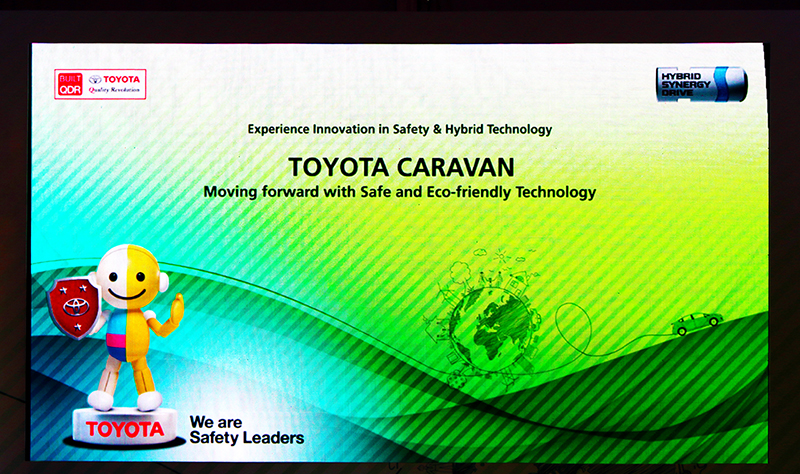
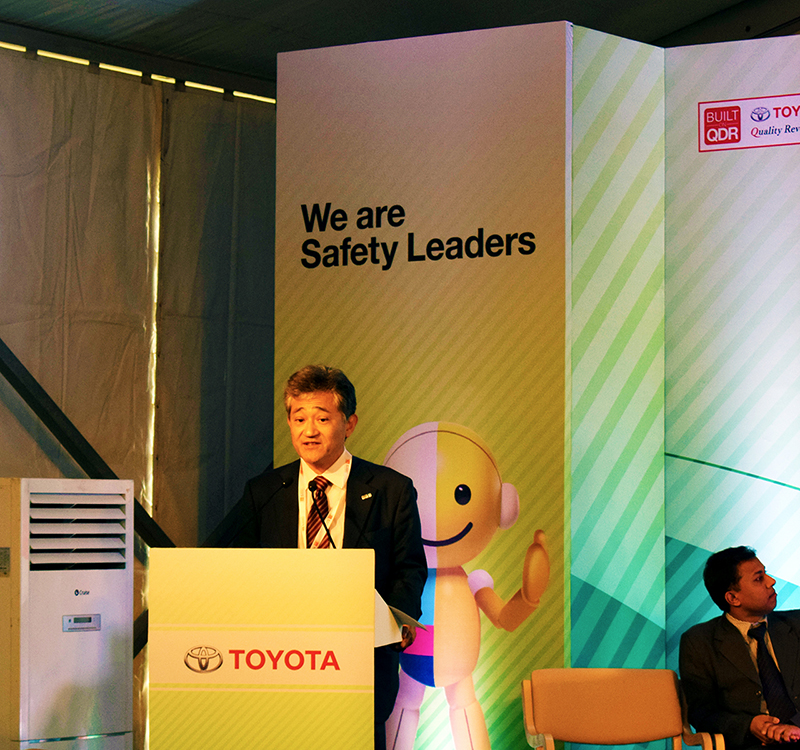
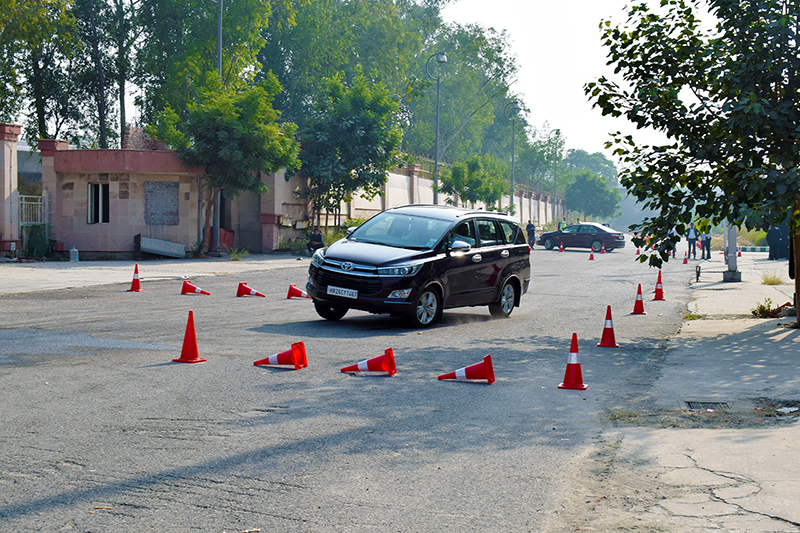


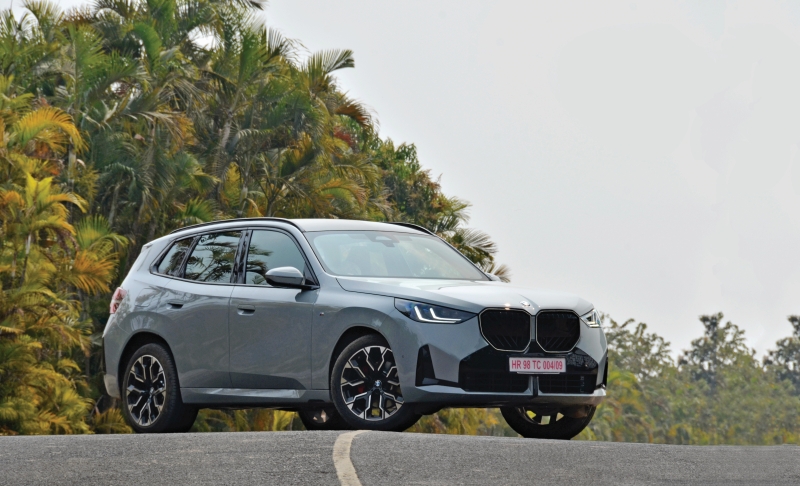


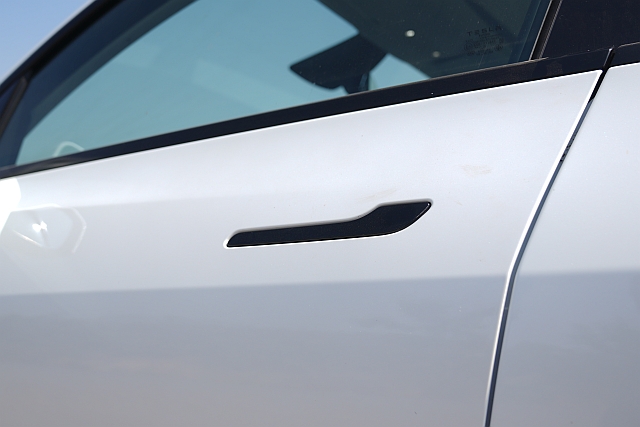
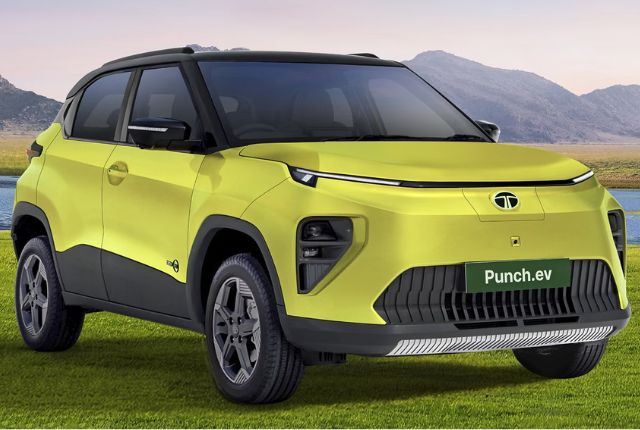
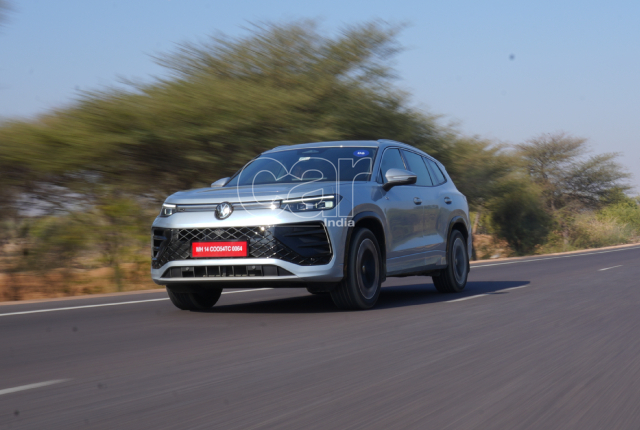


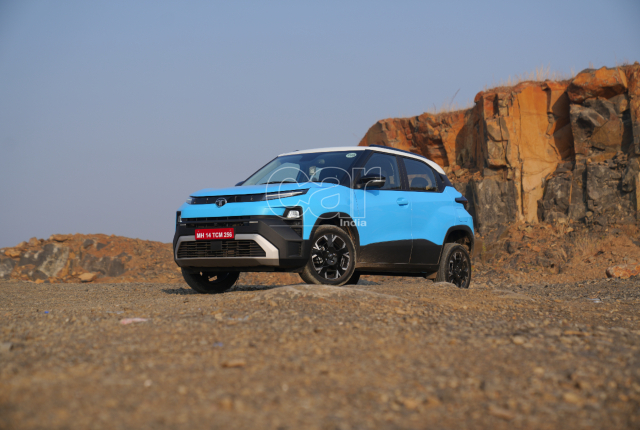




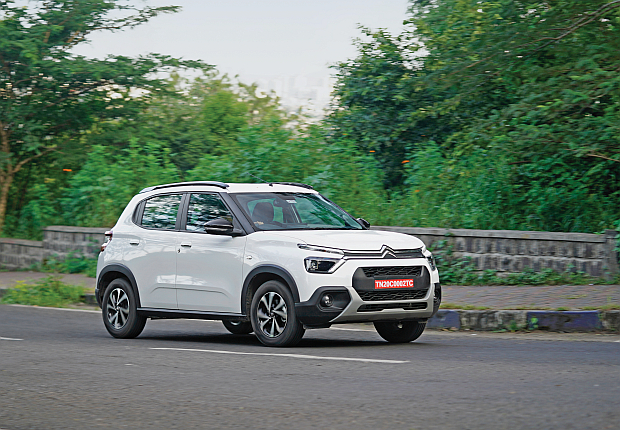
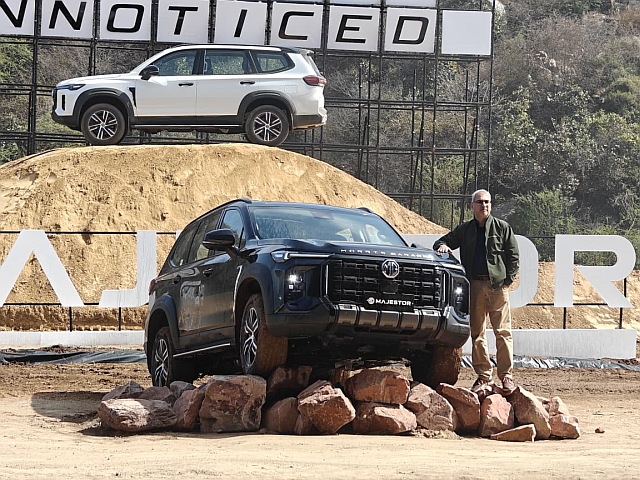
Leave a Reply